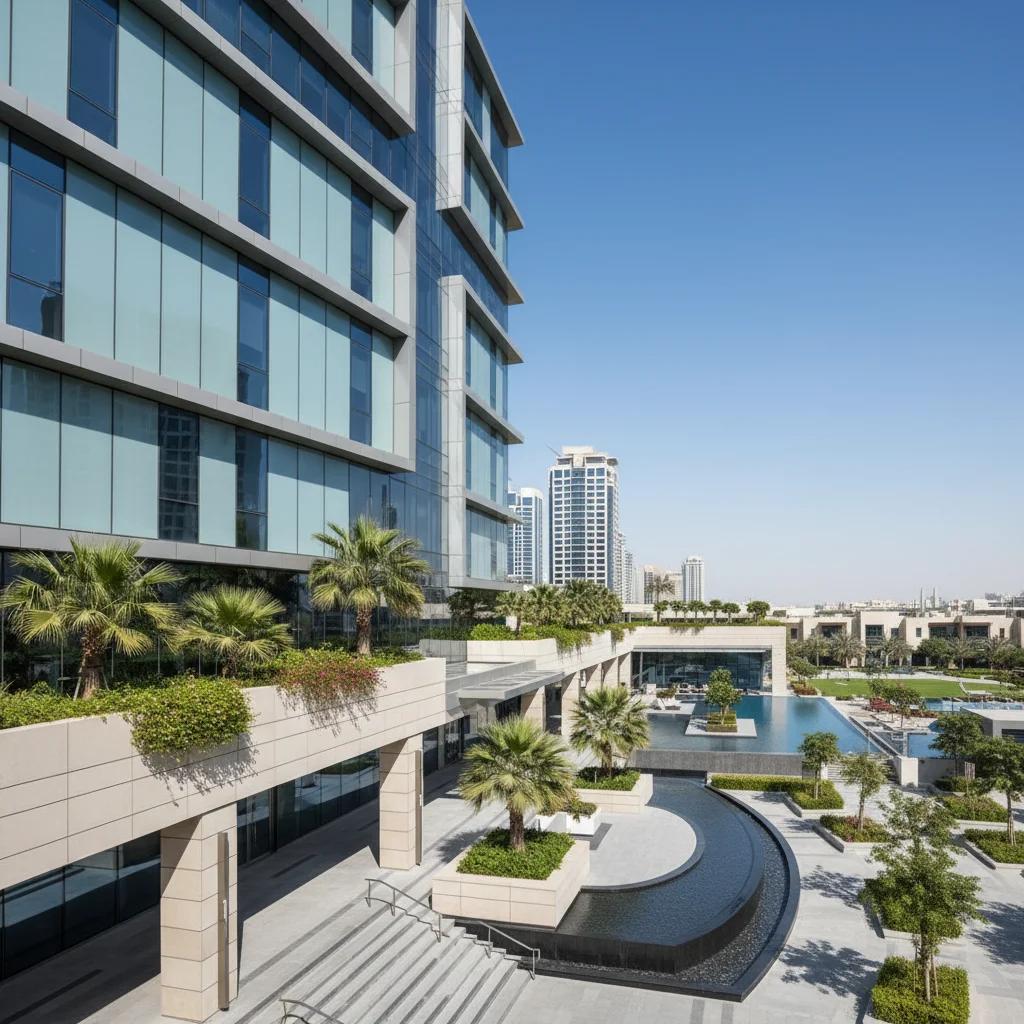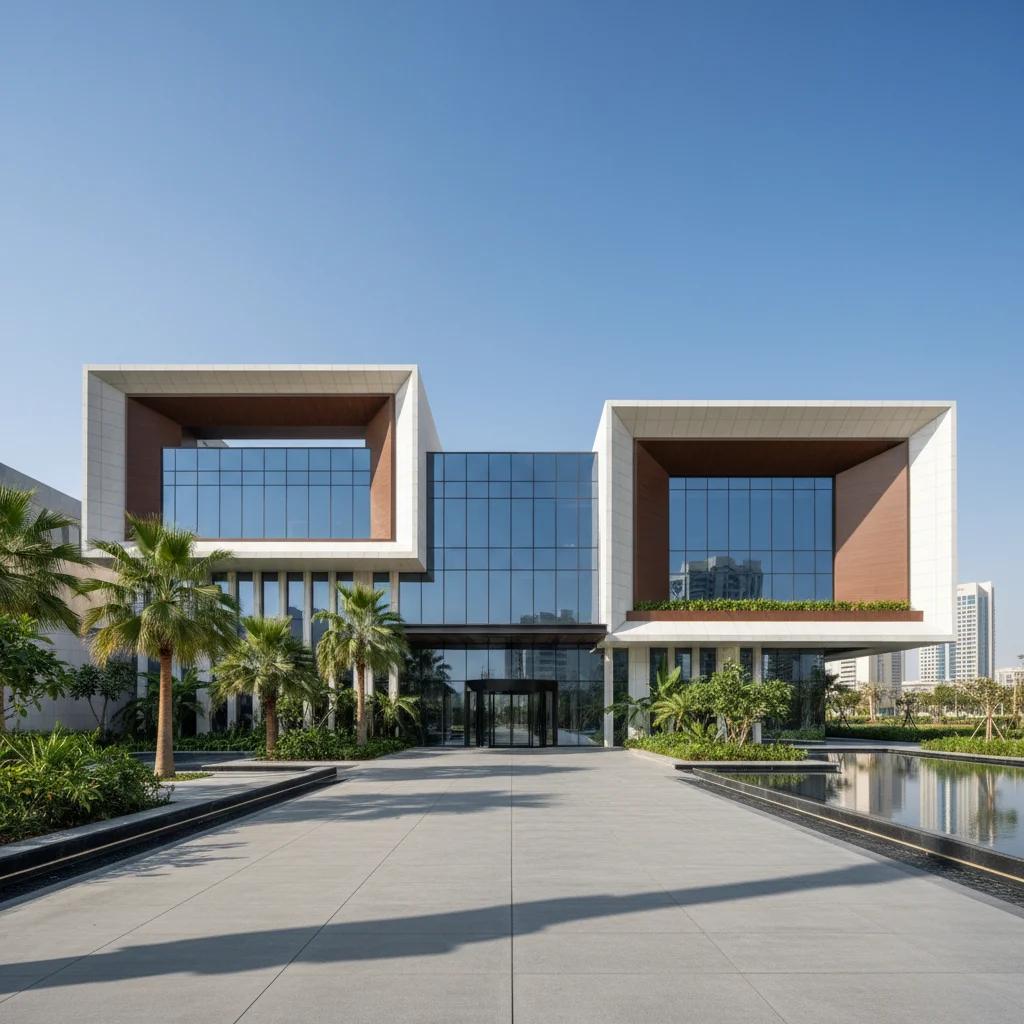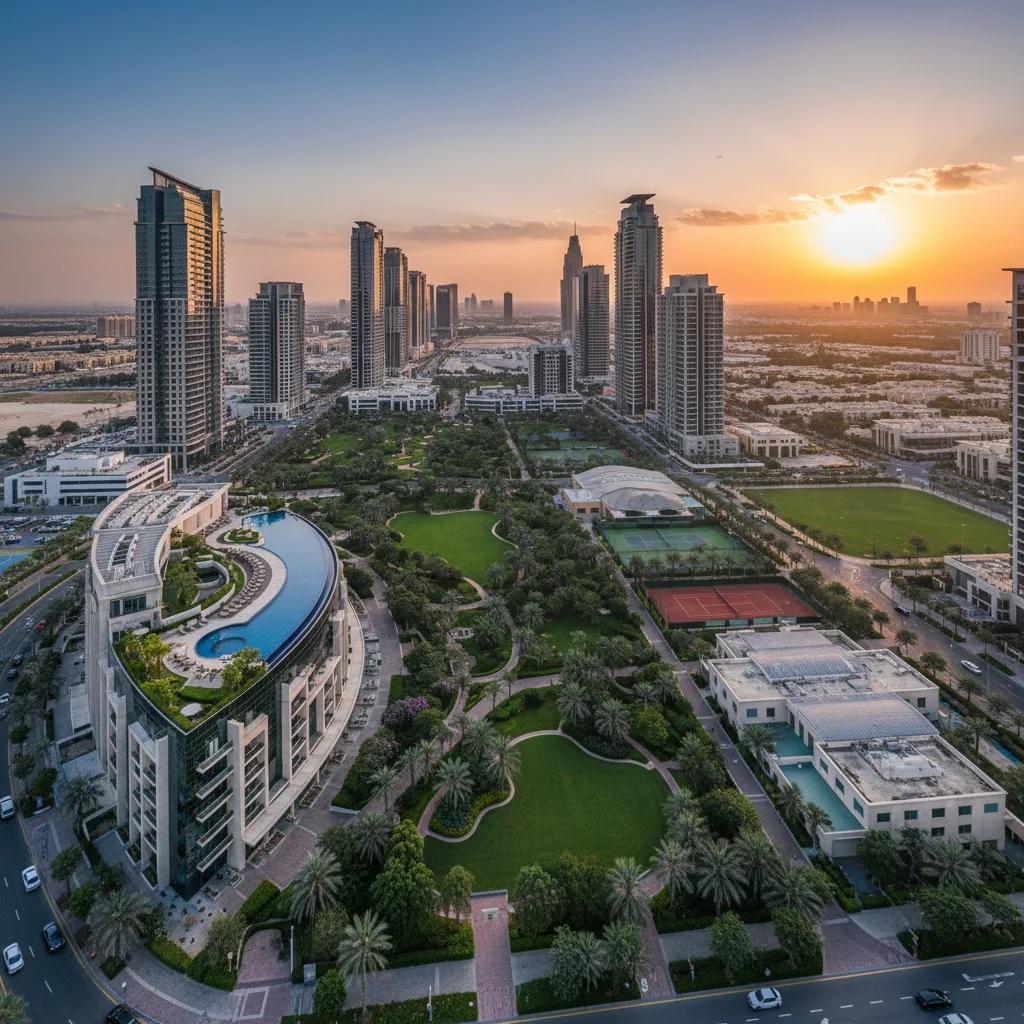
Understanding Dubai's Inheritance Laws for Real Estate: How to Ensure Smooth Succession Planning.
Dubai is one of the fastest-growing cities in the world, with the number of people moving to settle there increasing by the second. It’s no surprise, given that the city has proven to reward hardworking individuals who are always seeking better opportunities. Additionally, it provides a better and safer lifestyle for families with children. These circumstances have led to an increase in the number of properties available in Dubai. Some residents are now considering purchasing a property instead of renting, as they believe it is a better option for the future of their children, who can inherit the property later in life. This is where questions about the laws of inheritance in the emirate come to mind. To learn more about these laws, continue reading.
What Laws Govern the Matter of Property Inheritance in Dubai?
Dubai has made it easier for expats residing here than ever before. It has a unique legal system that combines both Islamic Sharia law and civil law. If the owner of the property is a Muslim, the Sharia law is applicable.
- The spouse, children, father, mother, and siblings are the first heirs in line.
- If there are no heirs in the first line, the inheritance will pass to the next line of heirs.
- The distribution of inheritance will continue until all heirs have been given their shares.
Non-Muslims, however, can resort to the laws of their own home countries and apply them in Dubai, but they should have a will.
In general, the legal process goes as follows:
- In Dubai, there are no juries as matters of inheritance are heard by just one or more judges.
- Opposed to some Western laws, Dubai does not have that system of precedent.
- Real estate inheritance issues in Dubai can be uncertain, as the UAE does not practice the ‘right of survivorship’ like Commonwealth jurisdictions.
- In case of the absence of a will or clear successor, local courts make the final decision regarding the ownership of property.
- Non-Muslim expatriates can take advantage of the DIFC and Wills Probate Registry (DIFC WPR) to ensure their Dubai property passes to their chosen heirs as per their wishes.
Concerns Regarding the Inheritance of a Property in Dubai
Property Under Joint Names
Some people think that registering your property in joint names can help ensure a seamless succession of the property for a certain heir. In case one owner passed away, the property is automatically passed to the other joint one. This is especially helpful if the joint owner is your spouse or a child. Yet, owners should aware of the fact is that the rule of the Sharia is the one that prevails in the case of joint names. Nevertheless, non-Muslims can restore two options. Firstly, they can register a will with the DIFC WPR, which will provide certainty in passing their Dubai estate to their chosen heirs. Alternatively, they can transfer their unencumbered real estate to an offshore company.
Having or not having a will
In the unfortunate event of an expat’s death in the UAE without leaving a will, their estate is distributed according to Sharia law. This means that all personal assets, including bank accounts, will be frozen until all debts are cleared. Surviving spouses with children are entitled to a share of the estate, while the remaining assets are divided among other family members. However, administering an estate without a will can be costly, and complex, and may result in prolonged disputes with heirs. To avoid such complications, it is important for ex-pats to establish a will or plan for succession. This will ensure that their assets are distributed as per their wishes, and their loved ones can avoid stress and expenses.
DIFC Wills and Probate Registry
Non-Muslim ex-pats in Dubai have the option to dictate the distribution of their assets after death using the DIFC Wills and Probate Registry. With the registry’s “common law” jurisdiction, the administration of a deceased non-Muslim’s estate in Dubai is expedited.
To sum up, it is important for everyone who decides to buy a property in Dubai to learn about the rules and laws governing the inheritance of property. Moreover, it is better to seek professional legal advice on such matters. Consultation with an estate planning expert can help you understand your alternatives and ensure that your estate is allocated according to your intentions.




